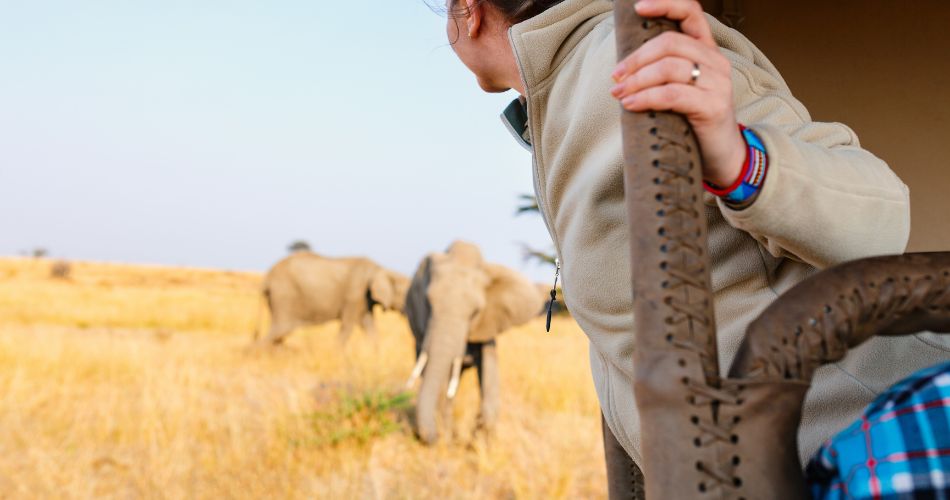An African safari is often seen as the ultimate adventure, conjuring images of majestic wildlife, expansive landscapes, and sunsets that light up the sky with breathtaking colors.
However, many believe that such an experience is beyond their financial reach, assuming it to be an exclusive privilege for the wealthy. This is not necessarily the case. With careful planning and strategic choices, an African safari can be surprisingly affordable.
Time to plan a Safari as we explore various ways to make your dream of an African trip come true without exhausting your budget. From choosing the right time to travel to selecting budget-friendly destinations and accommodations, let’s walk you through the essential steps to plan an unforgettable yet economical safari adventure.
Understanding Safari Costs
An African safari often seems like a luxury beyond reach, but understanding where costs come from can help you find affordable options.
Here’s how safari expenses typically break down:
1. Location and Duration
The choice of country and length of your stay significantly affect the overall cost. For instance, safaris in East Africa (Kenya, Tanzania) might cost differently compared to Southern Africa (Botswana, South Africa).
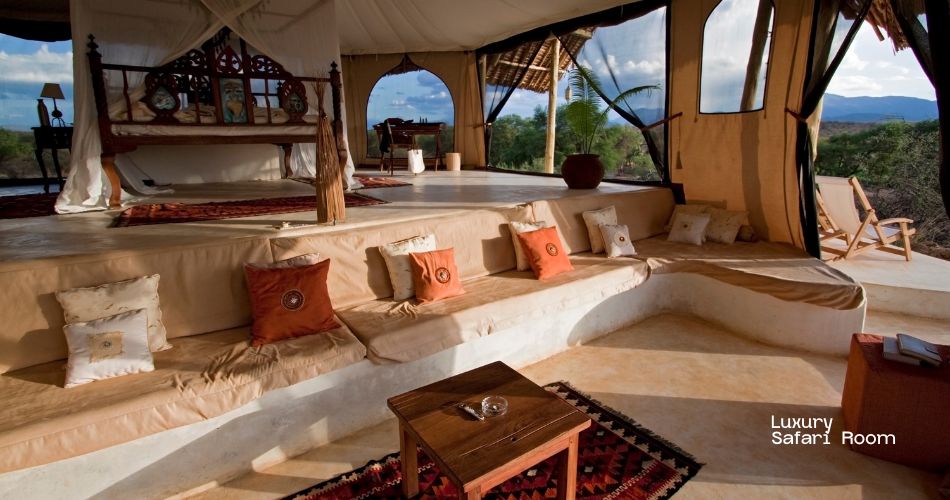
2. Transportation
Getting to and from safari parks, and traveling within them, can be expensive. Options include self-driven vehicles, which are usually cheaper, or flights directly into the park, which are more costly.

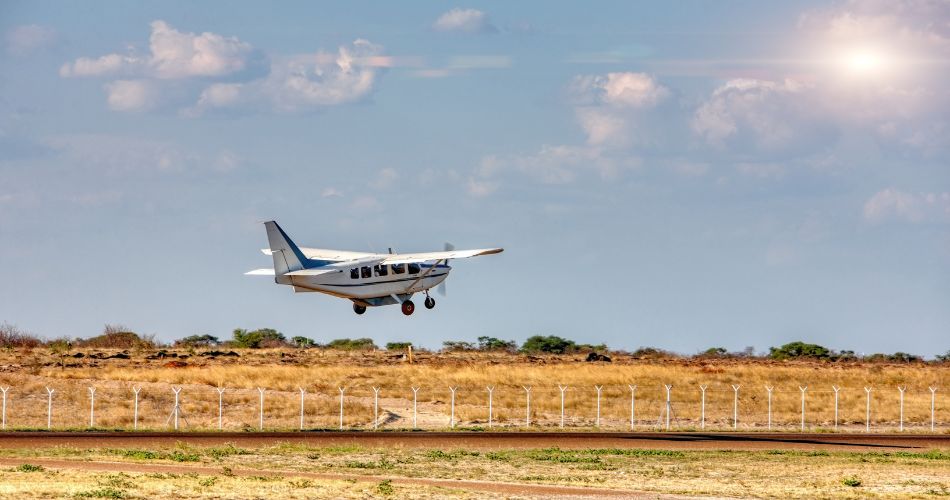
3. Accommodation
Prices vary widely. Luxury lodges cost much more than budget camps or tents. Choosing simpler accommodation can substantially lower your safari expenses.
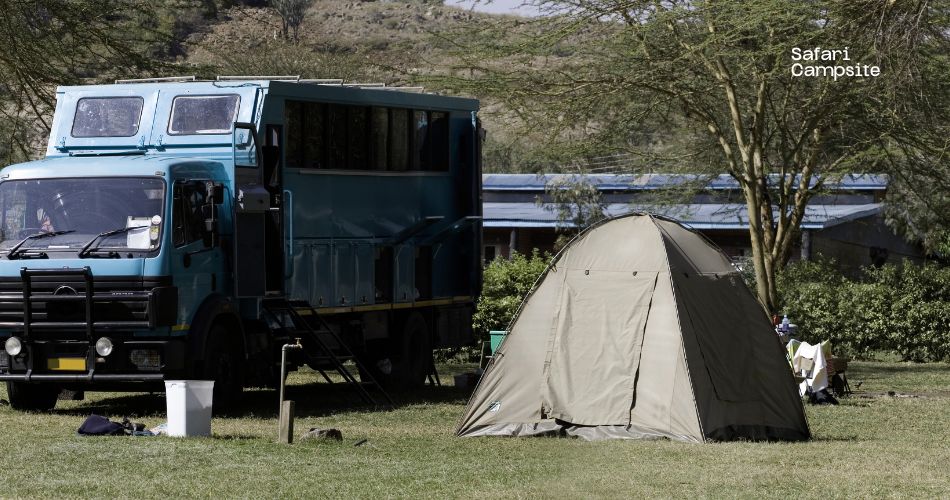

4. Park Fees
These are mandatory fees that contribute to conservation efforts. They vary by park and country but are a fixed cost that all visitors must pay.
5. Guide Fees
Professional guides can enhance your experience but also add to the cost. Group tours often share guide costs, making them less expensive per person than private tours.
By knowing these factors, you can plan your safari to match your budget, focusing on choices that offer the greatest value for your money.
Best Times to Go
Choosing the right time to visit can greatly influence the cost of your safari.
Here’s how to decide when to go for the best deals:
1. Peak vs Off-Peak Seasons
Most safari destinations have distinct tourist seasons. Peak seasons offer optimal wildlife viewing but come with higher prices and larger crowds. In contrast, off-peak seasons often feature lower costs and fewer tourists.
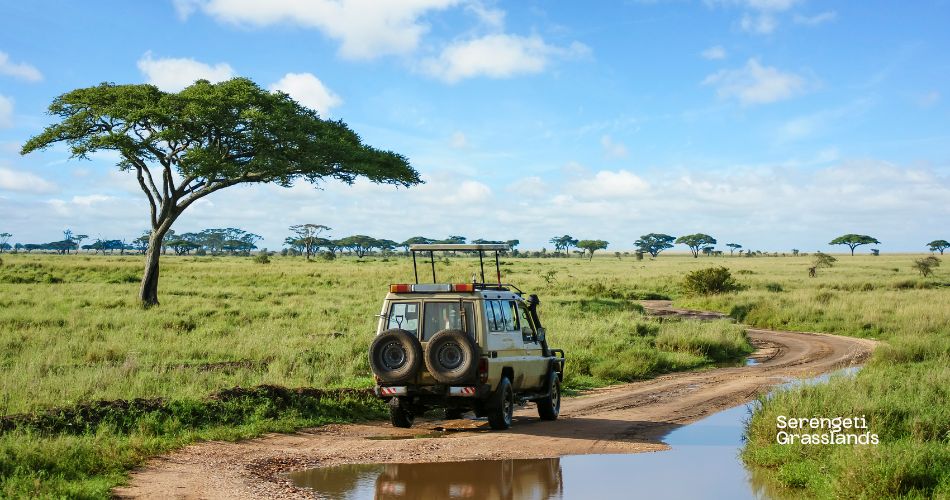

2. Weather Considerations
Weather plays a critical role in your experience. Dry seasons usually provide better wildlife visibility and are popular. Wet seasons may pose challenges but also offer unique wildlife interactions and lush scenery.
3. Special Wildlife Events
Certain times of the year offer spectacular wildlife events, like the Great Migration in East Africa. While these are high-demand periods, early or late in the season can provide a balance of cost and experience.
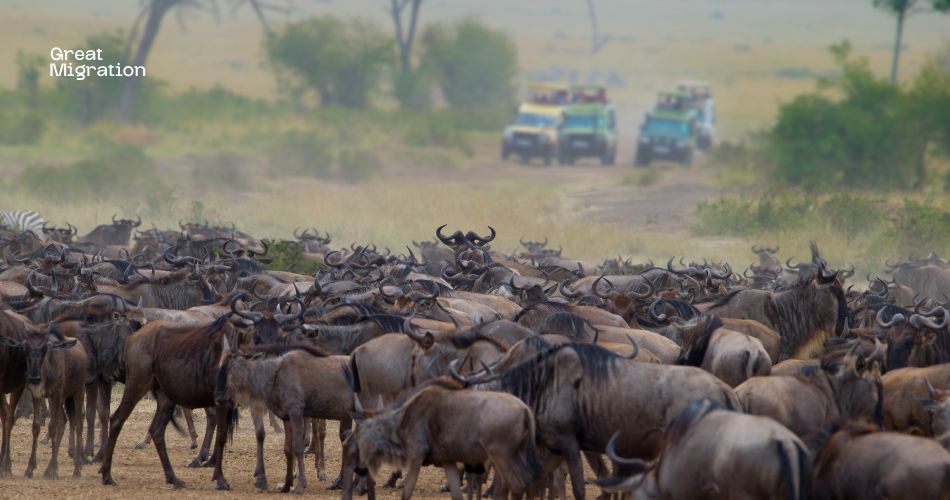

Timing your safari during the shoulder months — just before or after the peak season — can be a smart way to enjoy decent weather and good wildlife viewing without the hefty price tag.
Choosing the Right Destination
Selecting where to go for your safari can dramatically affect both your experience and your expenses.
Here are some considerations to help you choose wisely:
1. Safari Hotspots
Popular destinations like Kenya’s Maasai Mara and Tanzania’s Serengeti are renowned for their wildlife densities and opportunities to see the Big Five. However, their popularity can also mean higher prices.
2. Alternative Destinations
Countries like Zambia, Zimbabwe, and Namibia offer remarkable safari experiences but are often less crowded and more budget-friendly than their more famous counterparts.
3. Conservation and Community Impact
Some destinations are particularly noted for their conservation efforts and community involvement. Opting for these can offer a more enriching experience, knowing your visit contributes positively.
4. Variety of Wildlife and Activities
Consider what types of wildlife and activities are most important to you. Some regions are better for viewing certain species, while others might offer unique activities like canoe safaris or walking tours.
Choosing a destination that aligns with your interests and budget can enhance your safari experience while keeping costs manageable. Exploring less traditional safari countries not only helps avoid the crowds but also stretches your dollars further.
Types of Safaris and Accommodations
The type of safari and accommodation you choose has a significant impact on your budget. Understanding the options can help you make an informed decision:
1. Group vs. Private Safaris
Group Safaris: These are typically more cost-effective as you share expenses like transportation and guide fees with other travelers. They are great for meeting people and can reduce costs significantly.
Private Safaris: These offer a more personalized experience but at a higher cost. Ideal for those seeking solitude or special interests like photography.
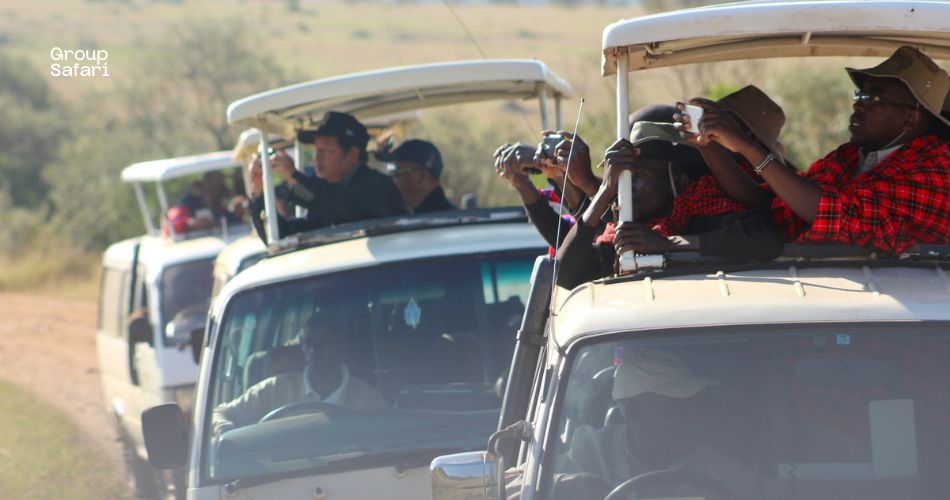

2. Overland vs. Fly-In Safaris
Overland Safaris: Involve traveling by road and often camping along the way. They are generally cheaper and offer an adventure-filled experience.
Fly-In Safaris: Though more expensive, flying directly into safari camps saves time and provides a bird’s-eye view of the landscape, which can be a thrilling experience in itself.
3. Accommodation Types
Accommodations can range from luxury lodges with all the amenities to basic tents in campsites. Prices vary widely:
- Luxury Lodges: Offer comfort and exclusivity but at a premium price.
- Tented Camps: Provide a balance between cost and comfort, with a more authentic safari feel.
- Campsites: The most budget-friendly option, ideal for the adventurous traveler comfortable with self-catering and minimal facilities.
Selecting the right type of safari and accommodation not only fits your budget but also aligns with your comfort preferences and travel style. Each option offers a unique way to experience the African wilderness, influencing both your itinerary and your expenses.
Money-Saving Tips
To enjoy an African safari without breaking the bank, consider these practical tips to reduce costs:
1. Book in Advance or Last Minute
Advance Booking: Often secures the best rates, especially for lodges and flights, as prices can rise closer to the date.
Last-Minute Deals: Some operators offer discounts to fill spaces close to departure dates. This can be risky but rewarding if you have flexible travel plans.
2. Choose Local Operators
Booking directly with local safari operators can be cheaper than going through international travel agencies. Local operators have better knowledge of deals and more flexibility in pricing.
3. Self-Drive Safaris
Consider renting a vehicle and exploring national parks on your own. This cuts down on guide and tour fees and allows for a more personal adventure at your own pace.
4. Travel in a Group
Joining a group or forming one can significantly lower costs as you share expenses like transportation, accommodation, and guide fees.
5. Opt for Longer Stays
Some lodges and camps offer “stay longer, pay less” deals where the per-night cost decreases with longer stays. This can also reduce the relative cost of international flights.
Implementing these strategies can make an African safari more accessible and affordable. Whether you’re planning well in advance or looking for a spontaneous adventure, these tips can help you manage your budget effectively.
Safety and Practical Considerations
Ensuring your safety and being prepared are crucial for enjoying your safari experience. Here are key safety and practical tips to consider:
1. Health Precautions
Prioritize vaccinations and medications as recommended for travel to Africa, such as Yellow Fever, Malaria prophylaxis, and routine vaccinations.
Always carry a basic first-aid kit and know the location of the nearest medical facilities.
2. Travel Insurance
Invest in comprehensive travel insurance that covers medical emergencies, evacuation, and trip cancellation. This is essential for handling unexpected issues without large expenses.
3. Local Laws and Customs
Respect local laws and customs to avoid legal troubles. This includes dress codes, photography restrictions, and behavior norms.
Engage with local guides who can provide insight and ensure respectful interaction with communities.
4. Wildlife Interaction
Maintain a safe distance from wildlife. Never attempt to feed or interact with animals, as this can provoke aggressive behavior.
Follow the guidance of your safari guide at all times to ensure safe wildlife viewing.
5. Gear and Packing
Pack appropriately for variable weather conditions, including warm layers for morning drives and rain protection during wet seasons.
Include items like binoculars, a camera with a good zoom, sun protection, and insect repellent.
These considerations are not just about personal safety but also about ensuring a positive impact on the places and communities you visit. Proper preparation and respect for your environment and hosts will enhance your safari experience.
Conclusion – Time to Plan a Safari
Embarking on an African safari doesn’t have to be a distant dream reserved for those with substantial budgets. With the right knowledge and planning, you can experience the awe-inspiring landscapes and incredible wildlife of Africa in a way that’s both affordable and fulfilling.
By understanding the factors that influence safari costs, choosing the best times to travel, selecting the right destinations, and making informed choices about types of safaris and accommodations, you can craft an adventure that fits your financial needs without compromising on the experience.
Are you ready to plan your affordable African safari?
Start by researching destinations and safari types that align with your interests and budget.
Remember, the adventure of a lifetime awaits you, and it’s more attainable than you might think. Share your thoughts and any questions you have in the comments below, or reach out if you need guidance on specific aspects of your safari planning. Time to make your dream of an African safari a reality!
The information provided in this article was accurate at the time of publication. However, it's important to note that dates, times, fees, and other related details are subject to change without prior notice. We will always make every effort to update the information whenever possible.
Subscribe to our newsletter to get our newest articles instantly!
